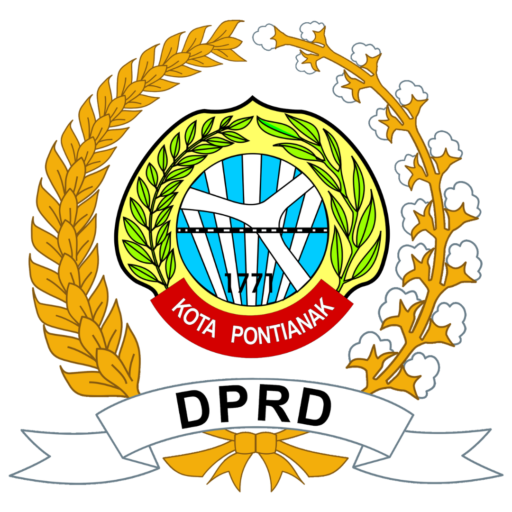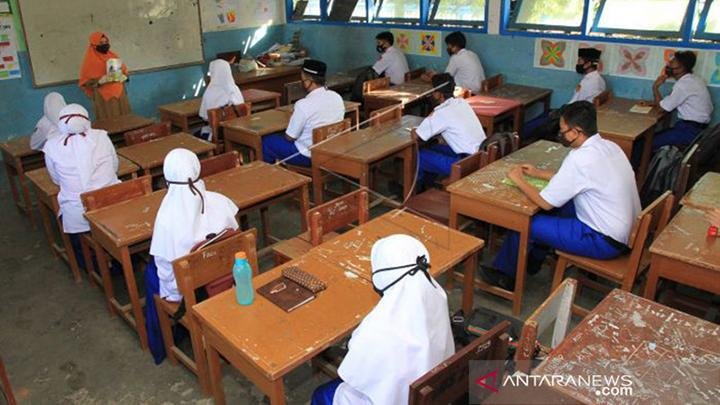Anggota DPRD Depok Sentil Pemkot soal Minimnya Madrasah Negeri
Anggota DPRD Depok recently raised concerns about the lack of public madrasas (Islamic schools) in the city. The issue was brought up during a meeting with the city government, where the members of the council expressed their disappointment over the limited number of madrasas available to the residents of Depok.
According to the members of the council, there are currently only a few public madrasas in the city, which is not enough to cater to the needs of the Muslim community. They pointed out that the lack of public madrasas has forced many parents to send their children to private Islamic schools, which can be expensive and inaccessible to low-income families.
The members of the council urged the city government to take immediate action to address this issue and increase the number of public madrasas in Depok. They emphasized the importance of providing affordable and quality Islamic education to the residents of the city, especially to those who cannot afford to send their children to private schools.
In response to the concerns raised by the council members, the city government assured them that they are aware of the issue and are working towards increasing the number of public madrasas in Depok. They also mentioned that they are exploring various options, such as partnering with religious organizations and seeking funding from the central government, to expand the availability of public madrasas in the city.
The members of the council welcomed the city government’s efforts to address the issue and urged them to prioritize the establishment of public madrasas in Depok. They emphasized that providing access to quality Islamic education is essential for the development and well-being of the Muslim community in the city.
Overall, the concerns raised by the members of the council highlight the importance of expanding the availability of public madrasas in Depok. It is crucial for the city government to take concrete actions to ensure that all residents have access to affordable and quality Islamic education, regardless of their socio-economic status. By addressing this issue, the city can promote inclusivity and provide equal opportunities for all residents to receive a comprehensive education that meets their religious and cultural needs.

